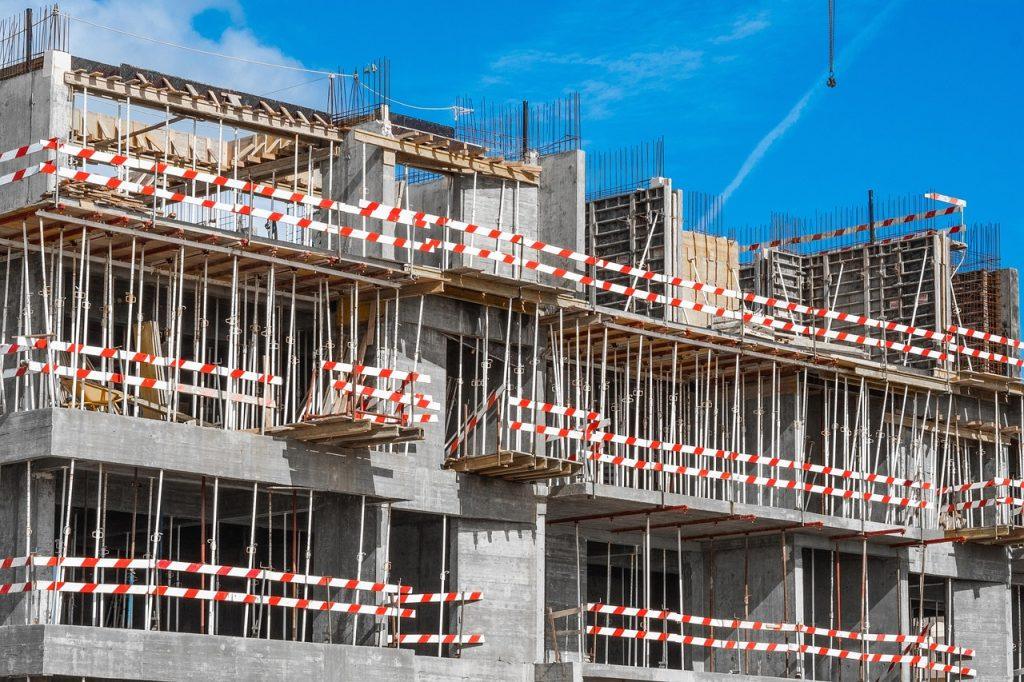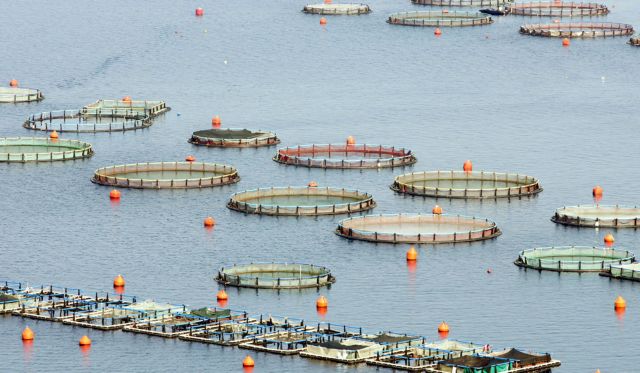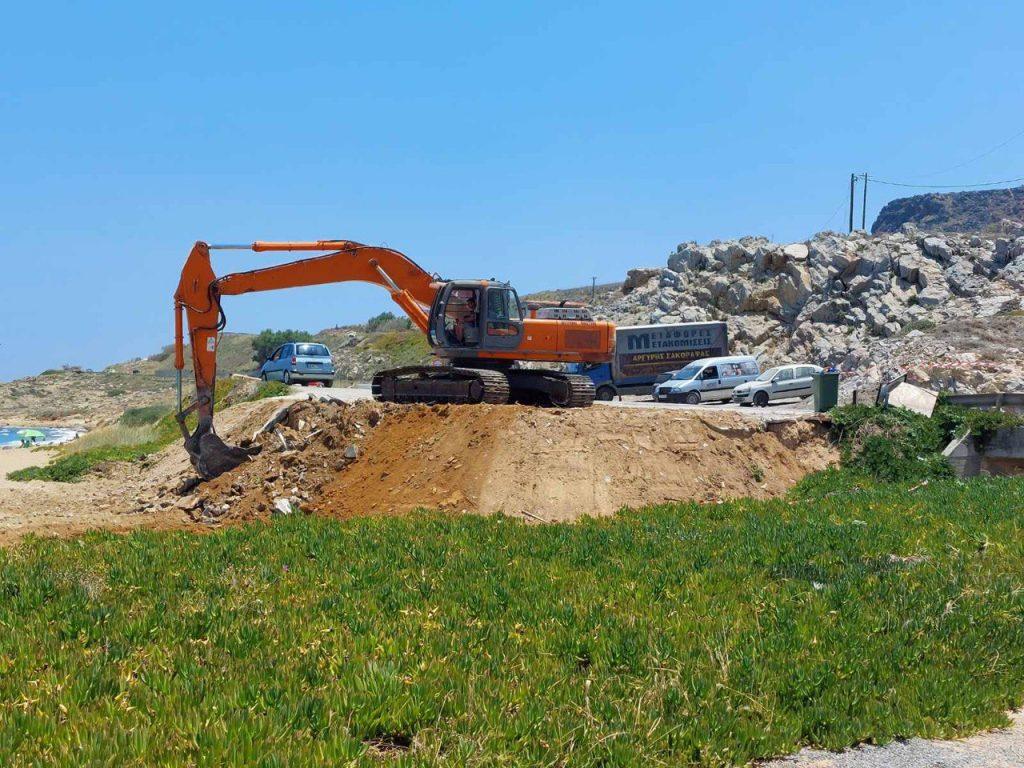At the beginning of 2021, when the banks, as every year at this time, announced the results for the third quarter of the previous year, their administrations appeared optimistic about the future, however, their statements were always accompanied by a “provided that…”.
It was the time when the country was in a severe lockdown, the first coronavirus vaccines had just arrived and the general population was unprotected, and it was extremely difficult to make reliable estimates of the course of the pandemic and the economy as a whole.
Eventually the optimistic scenario was confirmed and not the ominous predictions that the industry risks a new exclusion from the international financial system and delays in the implementation of its consolidation program.
Undoubtedly, the European Central Bank (ECB) has been instrumental in trying to avoid the worst, as it has supported Greece through its emergency government repurchase program, keeping liquidity high and reducing bank and government lending rates.
Raising funds
The 4 systemic groups did not let the opportunity go to waste. They went to the markets as many times as they wanted, even raising 2.2 billion euros through capital increases for the first time in 5.5 years.
In addition, they boosted overall capital adequacy ratios by around € 3 billion by offering alternative bonds under the new MREL directive, which requires the relevant indicators to be strengthened to 26% by 2025.
On the other hand, not only did the securitization and red loan sales program not lag behind, but it accelerated.
Banks are expected to achieve in the entire fiscal year 2021 the reduction of non-performing exposures close to or below 10%, even on a pro forma basis.
It is characteristic that until last September securitizations and sales of loans over 32 billion euros were completed, some of which were being prepared from 2020.
The NPE index at below 10%
It is estimated that at the end of this year non-performing exposures (NPEs) fell to the level of 15 billion euros from 47 billion euros in December 2020.
Moreover, the scenarios for the creation of new red loans of over 8 billion euros due to the pandemic were not verified.
The installment plans that ran after the outbreak of the health crisis, combined with the ability given to bank borrowers to gradually return to their old monthly payments, have so far contributed significantly to keeping the relevant bad debts at low and perfectly manageable levels. The banking administrations estimate that they will not exceed 4 billion euros.
Performance
The performance of the banks was also encouraging on an organic level, as their transformation program is progressing. When completed, they will have smaller and more efficient structures.
Sales of simple products will be made almost exclusively through e-banking and the most complex services will be provided under the advice of specialized executives.
The first results from the change of the operating model of the banks are already visible.
In 2021, on the one hand, they achieved a significant increase in commission income and on the other hand, the reduction of operating costs continued, mainly through voluntary departures of employees and restructuring actions of their branch network.
In addition, in order to reduce costs, divestments from non-core banking activities were completed and launched, such as the transaction clearance sector.
“According to a bank source, the decline in net interest income due to the rapid consolidation of red loans would have been much greater if credit expansion in business credit had not returned to positive territory for the first time since the crisis of more than a decade.”
And finally, he emphasizes, “any losses were offset by the significant increase in commissions received by credit institutions.”
According to published data, in the period January – September 2021, net commission income exceeded 1 billion euros, recording an annual increase of 160 million euros or 17%.
Employees and outlets
On the other hand, significant progress has been made in plans to reduce operating expenses.
During the period under review, they decreased by 2.50% for the 4 systemic banks, while the decline in staff expenditures was even greater, reaching -8% compared to the corresponding expenses last year.
In addition, the number of employees fell by about 2,800 people to the level of 33,000, while the network of outlets shrank by 10%, with their number falling to levels just over 1,500.
The above strategy will continue in 2022 with the aim at some point within the next two years, possibly directly from some banks, to distribute a dividend to shareholders for the first time since 2008.
In this context, there will be a two-way struggle to return net profitability to high and sustainable levels, through new initiatives to increase revenue and reduce costs.

















![Επαγγελματικά ακίνητα: Στα ύψη οι τιμές ενοικίασης – Οι περιοχές [πίνακες]](https://www.ot.gr/wp-content/uploads/2025/12/graf-1024x551-1.jpg)























